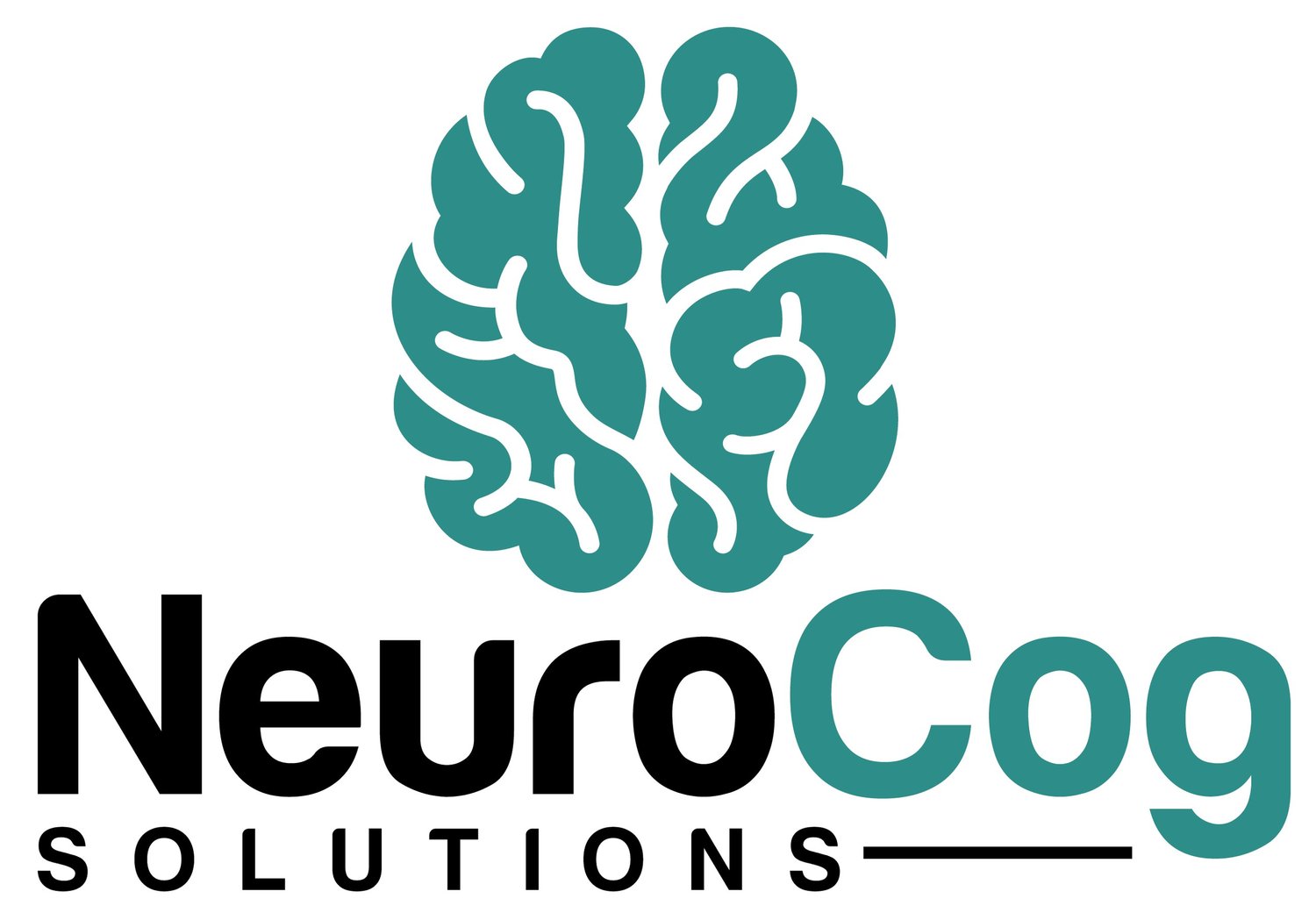
Neuropsychological Testing
What is neuropsychological testing?
A neuropsychological evaluation includes a series of tasks with a specific purpose. We ask our patients to complete these tasks and are able to link their actions to specific parts of the brain. Each part of our brain helps us perform different tasks, and based on the testing, we can understand which part of the brain may be impaired by an injury or disease.
How long does a neuropsychological test take?
The length of neuropsychological testing will depend on each person’s individual challenges. Some practices do a full 6 hour evaluation in one day. We break up the evaluation into separate appointments to reduce fatigue. Each patient is different, so we take an individualized approach and tailor the testing to your needs. Deep brain stimulation presurgical evaluations may differ from typical evaluations.
Sample evaluation schedule:
First appointment: 1 hour clinical interview with the doctor to review current problems and history, plus 30 minutes of preliminary testing
Second appointment: 2-3 hours of face-to-face testing with our psychometrist (testing technician)
Third appointment: 1 hour feedback session to review the results and recommendations
Should I bring someone with me to the evaluation?
We encourage patients to bring a family member or friend to the clinical interview and feedback appointments. It is helpful to get multiple perspectives during the interview and for patients to have a support during feedback. It is not necessary to have someone else present at the testing session. Keep in mind, family and friends cannot be in the testing room and will need to wait in the waiting room.
Is online neuropsychological testing available?
Although we prefer in person appointments, the clinical interview and feedback sessions can be done via telehealth. As for testing, we recommend that patients complete the testing with our technician at our office where we can be there to observe our patient’s behavior in person. In rare circumstances, we may offer online video testing and can provide the testing through a secure virtual platform. Virtual testing is considered on a case-by-case basis.
What types of conditions do you assess?
Our practice mainly focuses on medical and neurological injuries and illnesses. This can include dementia/memory loss (Alzheimer's disease, Lewy Body disease, frontotemporal dementia, alcohol-related dementia), brain injury (ranging from concussion to severe), stroke and aneurysm, lack of oxygen (sleep apnea, drug overdose, asphyxiation), motor disorders (Parkinson’s disease, ALS, progressive supranuclear palsy, multiple systems atrophy), toxic exposure (mold, lead, mercury, solvents, etc.), viral/bacterial infections (Lyme, hepatitis, syphilis, herpes, meningitis), metabolic (diabetes, thyroid dysfunction, vitamin deficiency), organ failure or sepsis (heart, liver, kidneys), prion disease (Creutzfeldt-Jakob disease), genetic disorders, autoimmune (multiple sclerosis, lupus, chronic inflammatory process), brain tumors, cancer and the effects of cancer treatment.
What is the benefit of neuropsychological testing?
The symptoms of brain injuries and brain diseases can appear similar to the untrained eye. As each injury and disease have very different treatments, it is important to understand as early as possible the root cause of these symptoms. The earlier we can understand our patient’s condition, the earlier we can suggest a treatment. While there is currently no cure for many forms of dementia, current treatments can delay or slow their effects.
